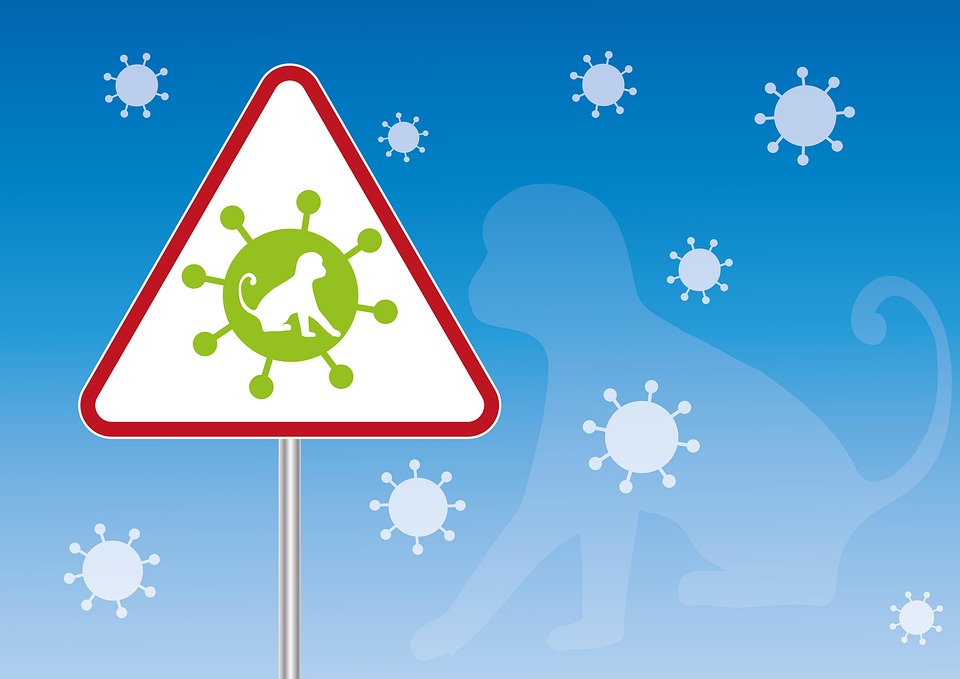The HSV-1 virus affects millions of people worldwide, often leaving them feeling isolated and frustrated. If you’re one of them, you’re not alone. This virus typically manifests as cold sores, but its impact goes far beyond physical symptoms. Understanding HSV-1 and finding effective relief can change your experience drastically. Let’s dive into seven proven tips that can help you manage and alleviate the discomfort associated with HSV-1.
Contents
What Is HSV-1 and Why Does It Matter?
HSV-1, or herpes simplex virus type 1, is a common virus that primarily causes oral herpes. It can lead to painful blisters, sores, and even emotional distress. You might be asking yourself why this matters. Well, managing HSV-1 effectively can improve not only your physical health but also your emotional well-being. By taking control, you can reclaim your life and reduce the stigma often associated with the virus.
When it comes to managing HSV-1, antiviral medications are a game changer. These medications can help reduce the frequency and severity of outbreaks. Common options include:
- Acyclovir
- Valacyclovir
- Famciclovir
Consulting with your healthcare provider about starting an antiviral regimen can set you on the path to relief. These medications don’t just help during outbreaks; they can also reduce the risk of transmitting the virus to others.
2. Practice Good Hygiene
Good hygiene is your first line of defense against the HSV-1 virus. Simple practices can significantly lower the chances of triggering an outbreak or spreading the virus:
- Wash your hands regularly, especially after touching your face.
- Avoid sharing utensils, towels, or lip products.
- Keep your face clean and moisturized to prevent irritation.
By adopting these habits, you create a protective barrier for your body, empowering you to live more freely.
3. Manage Triggers
Understanding what triggers your outbreaks is crucial. Triggers can vary from person to person, but common culprits include:
- Stress
- Fatigue
- Illness
- Sun exposure
- Hormonal changes
Keeping a journal to track your outbreaks can help you identify patterns. Once you know your triggers, you can take proactive steps to avoid them. For instance, if stress is a trigger, consider incorporating mindfulness practices like meditation or yoga into your routine.
4. Boost Your Immune System
Your immune system is your best ally in fighting the HSV-1 virus. Strengthening it can reduce the frequency of outbreaks. Here are some ways to boost your immune health:
- Eat a balanced diet rich in fruits, vegetables, and whole grains.
- Stay hydrated by drinking plenty of water.
- Get regular exercise to improve circulation and overall health.
- Prioritize sleep, aiming for 7-9 hours each night.
By nurturing your body, you empower it to fight back against HSV-1.
5. Use Natural Remedies
Natural remedies can complement your treatment plan. While they shouldn’t replace prescribed medications, they can provide additional relief. Some popular options include:
- Aloe Vera: Known for its soothing properties, applying aloe vera gel can help reduce pain and promote healing in affected areas.
- Tea Tree Oil: Its antiviral properties may help speed up healing. Just be sure to dilute it with a carrier oil before applying it to your skin.
- Lysine Supplements: Some studies suggest that lysine may help reduce the frequency of outbreaks. Consult your healthcare provider for guidance on dosages.
Always do a patch test before trying new remedies to avoid adverse reactions.
6. Stay Informed and Educated
Knowledge is power. The more you know about the HSV-1 virus, the better equipped you are to manage it. Stay updated with reputable sources like:
- Centers for Disease Control and Prevention (CDC)
- World Health Organization (WHO)
- American Sexual Health Association
These resources can provide valuable insights and help you understand the latest research and treatment options.
7. Communicate Openly with Partners
If you’re in a relationship, communication about HSV-1 is crucial. Discussing your status openly can foster trust and understanding. Here are some tips for having that conversation:
- Choose a comfortable, private setting.
- Be honest about your experiences and what you’re doing to manage the virus.
- Reassure your partner about the precautions you take to minimize transmission risk.
Building a foundation of trust can strengthen your relationship and lessen the emotional burden of living with HSV-1.
Bottom Line
Managing the HSV-1 virus doesn’t have to be a solo journey. With the right strategies in place, you can regain control of your life. From antiviral medications to natural remedies, each step you take brings you closer to relief. Embrace the knowledge that you are not alone, and take charge of your health today.
Feeling empowered yet? Start implementing these tips and watch how they transform your experience with HSV-1. Remember, you deserve to live freely and fully, unburdened by any virus.
FAQs
Q: Can I spread HSV-1 even if I don’t have symptoms?
A: Yes, HSV-1 can be transmitted even when there are no visible symptoms. It’s essential to take precautions to minimize the risk.
Q: How long do HSV-1 outbreaks typically last?
A: Outbreaks usually last about 7 to 10 days but can vary from person to person.
Q: Is there a cure for HSV-1?
A: Currently, there is no cure for HSV-1, but effective treatments can help manage symptoms and reduce the risk of outbreaks.
Take these insights to heart and empower yourself today. You’ve got this!








